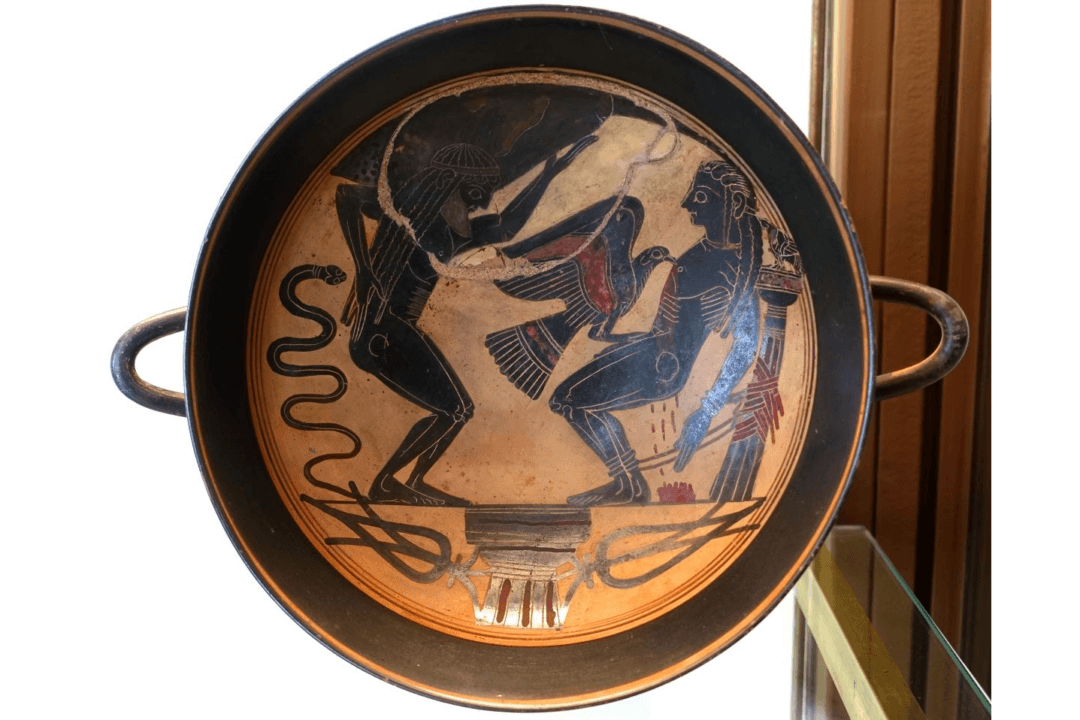In Parts 1 and 2 of this series, we looked at how Prometheus (meaning “forethought” in Greek), a Titan, created and loved mankind. He attempted to outwit the king of the gods, Zeus, through trickery in order to bring benefits to humanity. But Prometheus found to his cost that outmaneuvering Zeus was no easy matter. For Prometheus’s crime of stealing fire and giving it to mankind, Zeus punished mankind. The gift of Pandora’s box unleashed all the plagues of life upon men and women, leaving only Hope. The “box” (or “jar” in the original Greek) represented the very soul of mankind.
In this article, we come to the punishment that Zeus devised for Prometheus himself.






